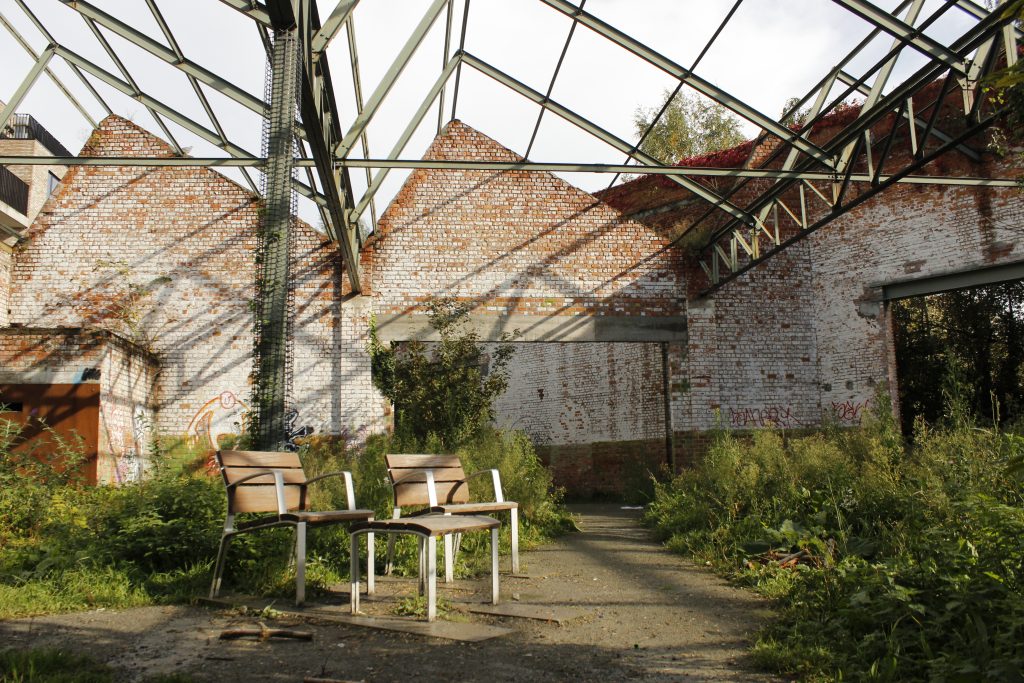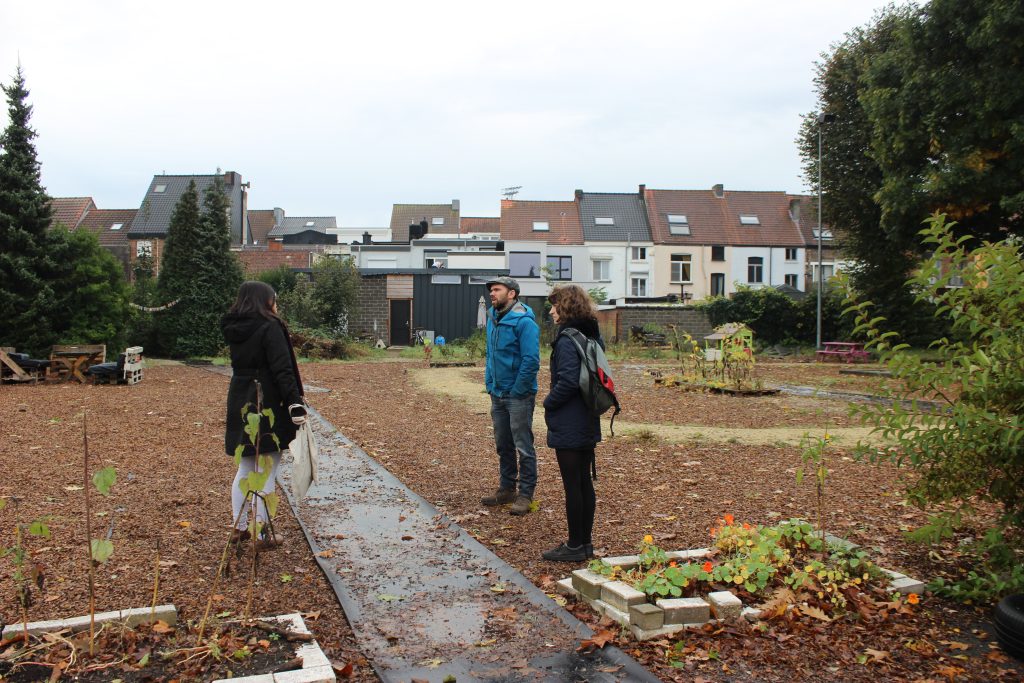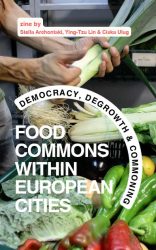Local, sustainable food produced by Ghent’s citizens
Peri-urban farming and forward-looking local land use policies are transforming the Flemish town into a role model
Ghent has positioned itself as a pioneer in sustainable food systems, with peri-urban farming playing a central role in its urban food policy. The Gent en Garde initiative, launched in 2013, created a dedicated Food Policy Council (De Gentse Voedselraad) to address the challenges of the local food system comprehensively. Members of the council are members of citizen initiatives, local businesses (e.g., restaurant owners), and policymakers.
Ghent has always had many small-scale farming on the city’s outskirts. These lands, which serve as transitional spaces between urban and rural, challenge the longstanding divide between the two spheres. Grassroot organisations have long tried to preserve those lands, and over the last year, the city itself has assisted urban farmers with land access, infrastructure, and knowledge-sharing platforms.
Policy priority: preserving public agricultural land
One prominent example is the De Hongerige Stad (Hungry City) – a citizen movement that fought for the preservation of public agricultural land in Ghent. It all started with the sale of 450 hectares of agricultural land belonging to the CPAS of Ghent (welfare agency) to a private investor for a favourable price. After this, the preservance of public agricultural lands has been prioritising in the local agenda. This is how the Goedinge project emerged; a pilot project in which 10 hectares of land – owned by the City of Ghent – is put on the market for free for local, sustainable food production, available to citizens (more here).
Another important step includes Ghent’s acquisition of 3 hectares of land near Brussels dedicated to short-chain agriculture. This acquisition highlights both the potential and urgent need for coordinated, multi-level governance to facilitate urban food policies and strategically deploy public lands for food production.
Even though the city has been supportive in securing and preserving particular agricultural spaces under its Gent en Garde initiative, it is still working to propose a sound zoning-planning policy that can save those lands in the long-run. Such move is critical for all cities and may include action points such as farmland preservation, right-to-farm legislation, zoning and land-use regulations, as well as neighbourhood development plans.


The Energy Cities Food Systems HUB
Are you interested in learning more about urban food strategies to accelerate the transition towards sustainable & resilient food systems in your city? Subscribe to the Future-proof food systems & land policies HUB newsletter and never miss a policy update, a relevant event or a successful city story!


